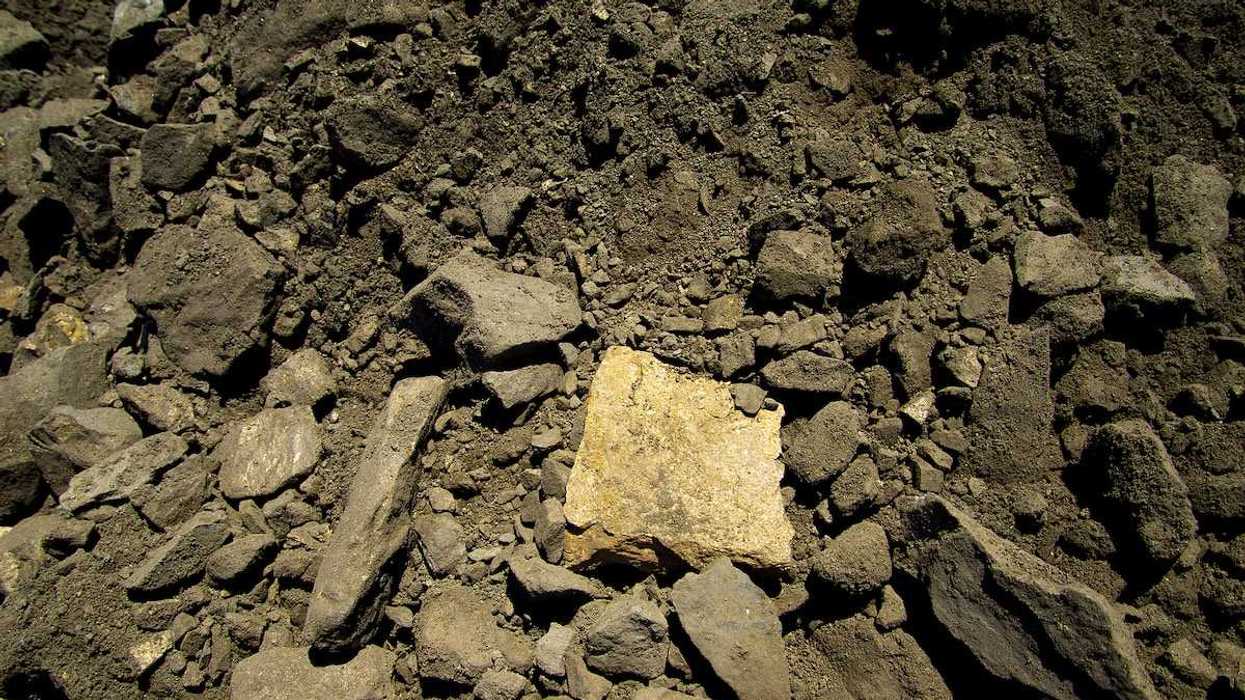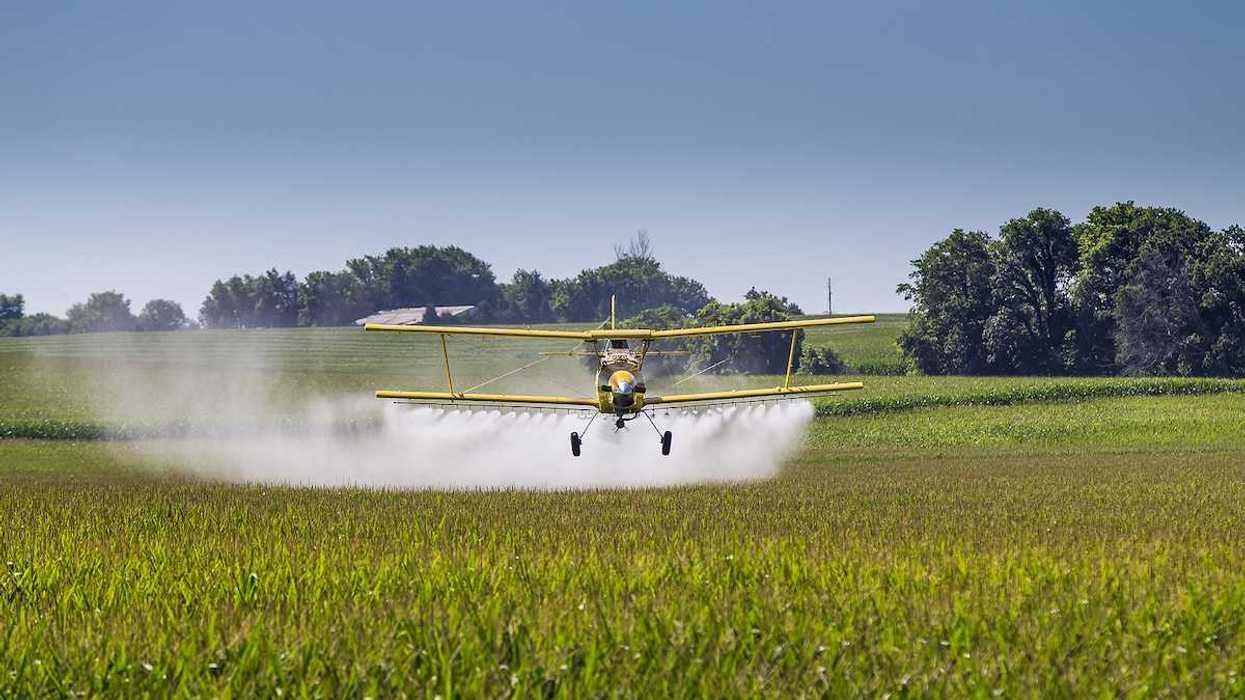British water companies continue spreading sewage sludge on farmland despite warnings it contains hazardous chemicals like PFAS that may linger for generations and contaminate food and water.
In short:
- Around 3.5 million tons of sewage sludge are spread annually on fields in England and Wales, often without testing for newer contaminants such as PFAS, microplastics, or industrial chemicals.
- Former Environment Agency chair Emma Howard Boyd revealed that attempts to tighten outdated 1989 regulations have been ignored by successive governments, despite internal reports showing sludge could pose risks to soil and human health.
- Water companies fear changes in rules or farmer resistance may force them to incinerate or landfill sludge — costly alternatives likely to impact consumer bills.
Key quote:
“I think the big concern is because these substances (forever chemicals) are so persistent they'll stay around in the soil for hundreds, if not thousands of years.”
— Alistair Boxall, professor of environmental science at York University
Why this matters:
The widespread use of human sewage sludge as fertilizer — without routine screening for PFAS and other modern pollutants — raises major concerns for environmental and food safety. PFAS compounds, also known as “forever chemicals,” resist degradation and can remain in soil for centuries, entering crops, livestock, and ultimately, the human food chain. Evidence from the U.S. and U.K. shows these substances contaminate groundwater, harm wildlife, and pose cancer risks. Without binding legal standards or reliable testing methods, the practice effectively shifts industrial waste disposal to farmland, bypassing stronger waste regulations and threatening long-term ecosystem and public health.
Read more: Farm sludge contaminates soil with drugs, other chemicals














